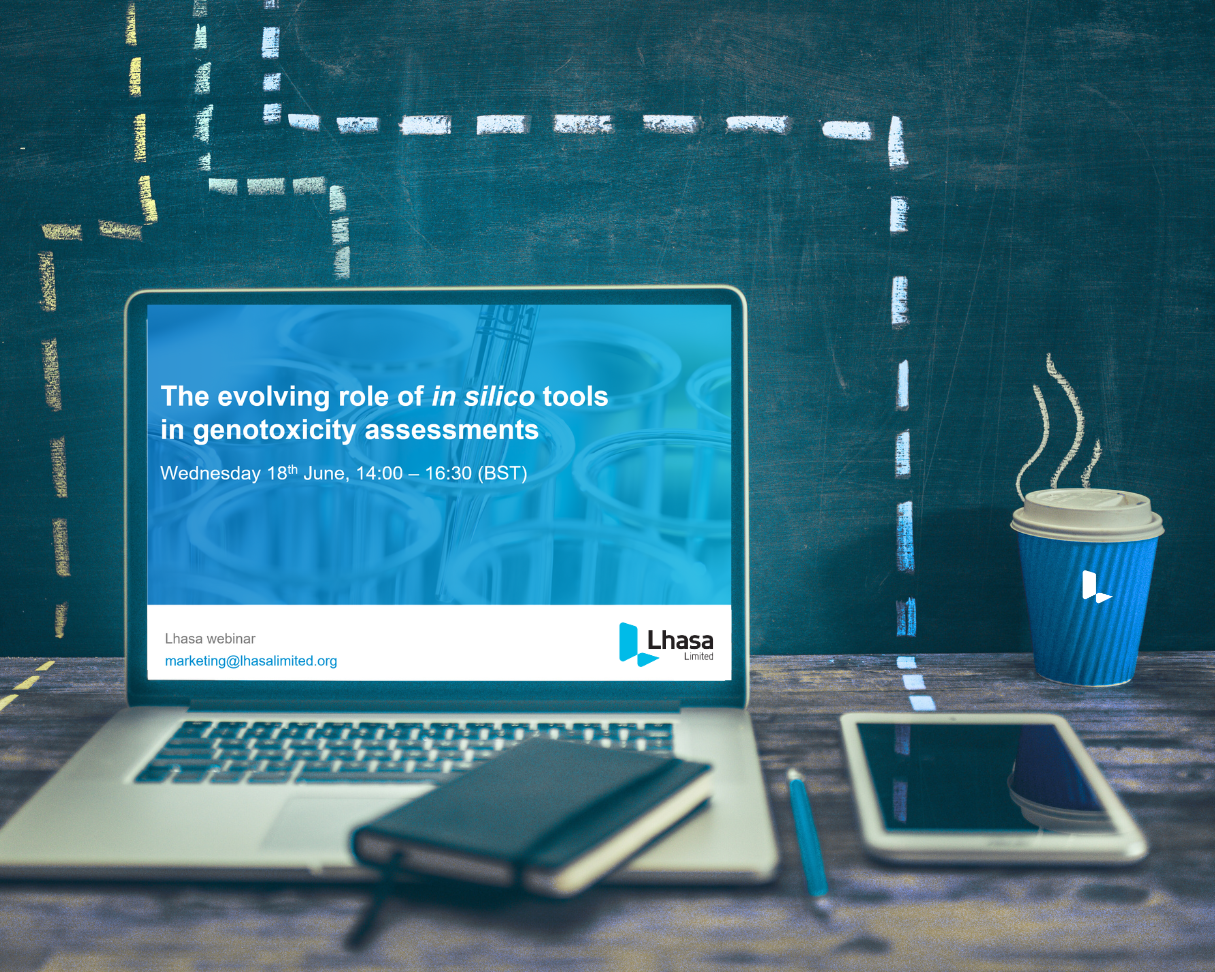The Richard Williams Memorial Award, established in 2020, honours the scientific contributions and memory of Dr. Richard Williams. This award recognises exceptional early-career investigators making significant strides in their fields, with winners presenting their work at the Lhasa head office and the Annual Industrial Genotoxicology Group (IGG) Meeting . We are thrilled to introduce the 2023 award winner, Raj Gandhi, Associate Director of Genetic Toxicology at AstraZeneca. We spoke to Raj about his award-winning research, career journey, and more!
Hi Raj! Can you tell us how you first heard about the Richard Williams Memorial Award?
Not long after joining AstraZeneca, co-workers who had known Rich explained that he had been a key figure and valued colleague in the field, and that, after his unexpected passing, an award had been set up in his honour to recognise and support early career investigators.
Can you tell us a little about the research you presented at the IGG meeting?
The challenge presented by nitrosamine impurities to the pharmaceutical industry has been a significant one ever since nitrosamine drug substance-related impurities (NDSRIs) were explicitly considered cohort of concern mutagenic impurities. Extensive work has been undertaken to better understand the risks associated with NDSRIs, as they vary greatly depending on the structure, with some now even recognised as non-mutagenic.
My work involved developing and validating a modified version of the bacterial reverse mutation (Ames) test system that can remove formaldehyde. The mutagenic effect of N-nitroso-hydrochlorothiazide (NO-HCTZ) – an NDSRI known to rapidly degrade under Ames test conditions, generating formaldehyde in the process – was greatly decreased when tested in this modified system, demonstrating that the mutagenic effect was related to formaldehyde rather than the parent nitrosamine itself. This finding aligns with other work performed in the field that supports a non-mutagenic designation for this impurity. To read about my work in detail, see our recent publication.
What inspired you to pursue this area of scientific research?
There was a cross-industry team working to navigate the challenge related to limits for NO-HCTZ. At the time, I was building expertise in the Ames test and familiarising myself with nitrosamine impurities. When the opportunity came to conduct bespoke and novel testing to facilitate a mechanistic investigation into the mutagenic response observed for NO-HCTZ, it struck me as an important and exciting research avenue.
Can you tell us about your career journey to date?
I did an undergraduate degree in Biochemistry at Imperial College London, followed by a PhD at The University of Nottingham within the School of Pharmacy. Following this, I worked for a small biotech start-up on the Babraham Research Campus in Cambridge for a few years, further developing a protein depot formulation technology based on polyhedrin microcrystals produced in insect cells that formed beautiful cubic structures. I then joined AstraZeneca in the Genetic Toxicology team where I now work as an Associate Director with expertise in the Ames test and safety testing of mutagenic impurities (particularly nitrosamines).
What aspects of your role at AstraZeneca do you find most fulfilling?
With the regulatory and scientific environment surrounding nitrosamines evolving so rapidly, I particularly enjoy the opportunities to be at the forefront of highly collaborative efforts, within and beyond industry, to drive the science forward to support safety assessments. The work on NO-HCTZ that I presented at Lhasa is an excellent example of this.
What advice would you give aspiring scientists?
I would say to keep your eyes open to opportunities; they seldom come knocking but are often within reach if you look out for them. Also, know that there are so many different careers and opportunities within science. If you end up doing something that isn’t rewarding, you shouldn’t have to stay stuck. It may not be easy, but change is usually an option. Having a scientific background is often quite broadly applicable; I now work in toxicology despite not having a toxicology background. Stay hard! (Shout out to David Goggins).
Thank you for taking the time to speak to us, Raj! We appreciate you sharing your insights and experiences with us. Congratulations once again on your well-deserved recognition!
Applications for 2024 Richard Williams Memorial Award close on the 7th of November. Learn more about how to apply.
Discover more about our Vitic Complex Nitrosamine data sharing initiative.
Last Updated on November 21, 2024 by lhasalimited



